Round 9 of negotiations between the UK and the EU on Future Relations took place in Brussels this week. Perhaps a possible deal could be in sight?
After a period of stand-still, there are now signs and (in confidence confirmed) rumours of a breakthrough on trade could happen. There are still differences in fisheries and level playing field, while the trade agreement discussions are close to finalization.
There might be a landing zone possible before the critical EU Council meeting on 15-16 October, when a deal must be agreed to have time to secure ratification in 27+1 parliaments before the end of the year.
The deal discussed – and this is still confidential information from inside the negotiation teams - is a Free Trade Agreement (FTA), larger than a ”thin agreement” as mentioned before. So more product chapters included.
There is still a way to go and a lot of political craftsmanship is needed to make the deal. My estimation is that we have moved from 40/60 to 60/40 percent chance of a deal on trade being made.
Having said that, remember that a potential UK-EU FTA has no impact on the border procedures and formalities between the EU and UK. The UK Border Operating Model and the EU UCC demands declarations, supplementary documentation and a range of other obligations on traders (as on all EU third country imports and exports) will be implemented regardless of a deal or not.
A potential FTA will remove some of the customs duties that otherwise will be due in the trade between EU-UK. It is also important to note that while a potential FTA (the deal) is agreed it does remove tariffs for some products, but it also adds customs complexity concerning Rules of Origin, Valuation, restrictions and several other areas. Another area that will be impacted, from a border process perspective, is the NIP (trade GB-NI).
On the UK Border Operating Model (BOM) there are also some signs related to infrastructure that are worrying. As you know, exports from the UK and import to the EU will have to be pre-lodged before the transport reaches the border. There will be inland border posts where a truck will have to show that the customs declarations have been lodged correctly before the transports are allowed to approach the border, like e.g. the EuroTunnel or Dover Port for Ro-Ro. Same for other ports.
The infrastructure to handle this process is delayed. The Goods Vehicle Movement System (GVMS) that is under development to send a release note to transports will only be in tests in December. Also, the time frame to produce the physical infrastructure for the inland control posts, parking places etc have been questioned. The transit system is not well implemented yet, so there are few authorised consignors/consignees and guarantee facilities. For the Northern Ireland Protocol (WA NIP) there are an awarded Trader Support Service (TSS) under construction that will help traders sending goods GB-NI, however again the work has started late and there are some doubts on what can be ready for January 1st. There is a similar approach on the EU side, but the border facilities are to a larger extent in place.
Overall, preparations are now possible and must be done by all traders. It is also recommended to develop different plans for different scenarios. All companies Brexit preparations should be put to a test to map any gaps concerning the procedures and processes now announced. There will be border queues initially. It is also important to decide if to use the simplified procedure initially and if so how to handle compliance issues related to the delayed declaration of goods. Many companies have decided to implement the final border procedure, that will be obligatory from July 1st, already from January 1st to avoid risks and changes to internal processes and systems two times instead of one.
A possible trade deal in sight
Oct 6, 2020 9:34:30 AM / by Lars Karlsson posted in Brexit, Customs, Logistics, Trade, Supply Chain, Preparations, European Union, Free Trade Agreement
The Future is bright for new Customs experts, so where are you?
May 6, 2020 9:01:30 PM / by Lars Karlsson posted in Brexit, Customs, UK Customs Academy, Logistics, Trade, Supply Chain, Declarations, Training, HMRC, Free Trade Agreement
The Customs Service provider industry is not about “form filling”, it is a dynamic, international profession with a bright future – especially post- Brexit and the Covid-19 / Coronavirus crisis.
The Borders are not closed, they are open for goods
Mar 19, 2020 7:58:24 PM / by Lars Karlsson posted in Customs, Logistics, Trade, Supply Chain
There is a lot of reporting about countries closing their borders due to the present Covid-19 (Coronavirus) crisis, however when you read this it is important to remember that the borders are only restricted for people movement, as a means to restrict the virus outbreak.
There is a new Brexit Deal and the Withdrawal Agreement has passed a second reading in the UK Parliament
Oct 25, 2019 8:19:16 AM / by Lars Karlsson posted in Brexit, Customs, Logistics, Trade, Supply Chain, Ireland, Backstop
Last week Prime Minister Boris Johnson on behalf of UK Government agreed a new Brexit Withdrawal Agreement (WA) with the European Union. This meant that Boris Johnson actually got the EU to open the previous WA, to change the agreement and to remove the backstop – all things that previously was said impossible to do.
Brexit: With 27 days to go, is a deal possible?
Oct 4, 2019 9:51:59 AM / by Lars Karlsson posted in Brexit, Customs, Logistics, Trade, Preparations
What does Boris Johnson's proposal mean from a Customs perspective?
How to handle the Irish Border Challenge and manage post-Brexit UK-EU borders
Aug 23, 2019 11:48:22 AM / by Lars Karlsson posted in Brexit, Customs, Logistics, Trade, Supply Chain, Ireland, Smart Borders
A major focus of No-Deal Brexit is how the border formalities can be solved on the island of Ireland as well as the volumes of goods going between UK and EU and passing through the English Channel on ro-ro or via the Eurotunnel. For a long period of time there were even discussions and different opinions around if there would be border procedures or not. For the professional Customs and Border community this has always been obvious – when a country leaves a Customs Union and a Customs territory there will be a customs border. When a Customs border appears, border formalities are necessary in line with the international trade legal framework.
Up to 10 ‘free ports’ to open across UK after Brexit
Aug 21, 2019 2:43:35 PM / by Lars Karlsson posted in Brexit, Customs, Logistics, Trade, Free port
Up to 10 ‘free ports’ to open across UK after Brexit under new government plans. Will it be successful? Yes, it could become a real success.
Is Brexit Another Y2K?
Aug 16, 2019 10:27:02 AM / by Steve Cock posted in Brexit, Customs, UK Customs Academy, Logistics, Trade, Supply Chain
For many businesses, Brexit appears to be a problem with no solution. Every fact is contested. Opinion is everywhere. Uncertainty is rife. This type of ambiguity is almost impossible to deal with in a professional manner. Should we prepare for the end of the world on 31st October, or will the whole thing pass us by with barely a ripple – a damp squib; a storm in a teacup?


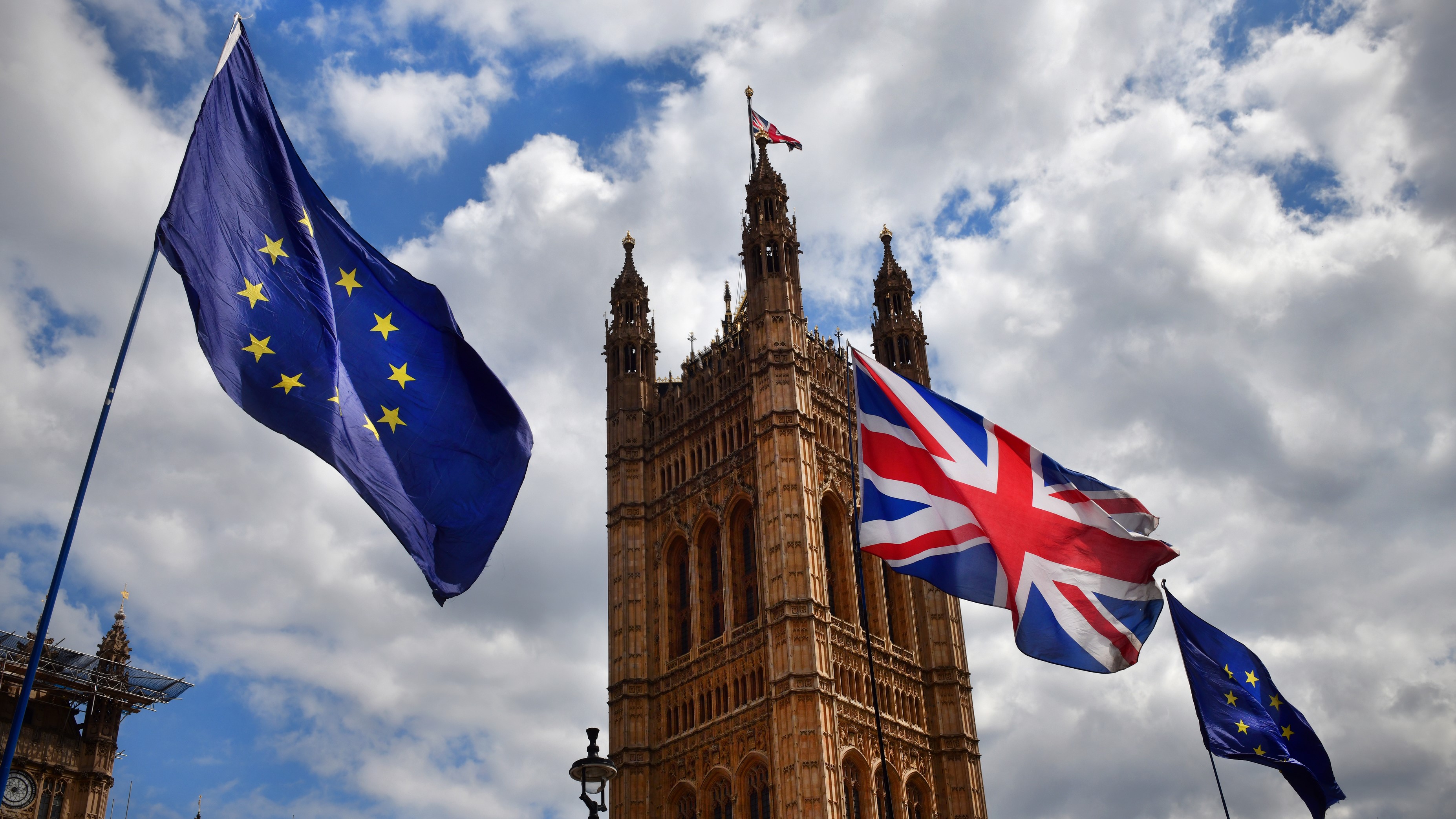
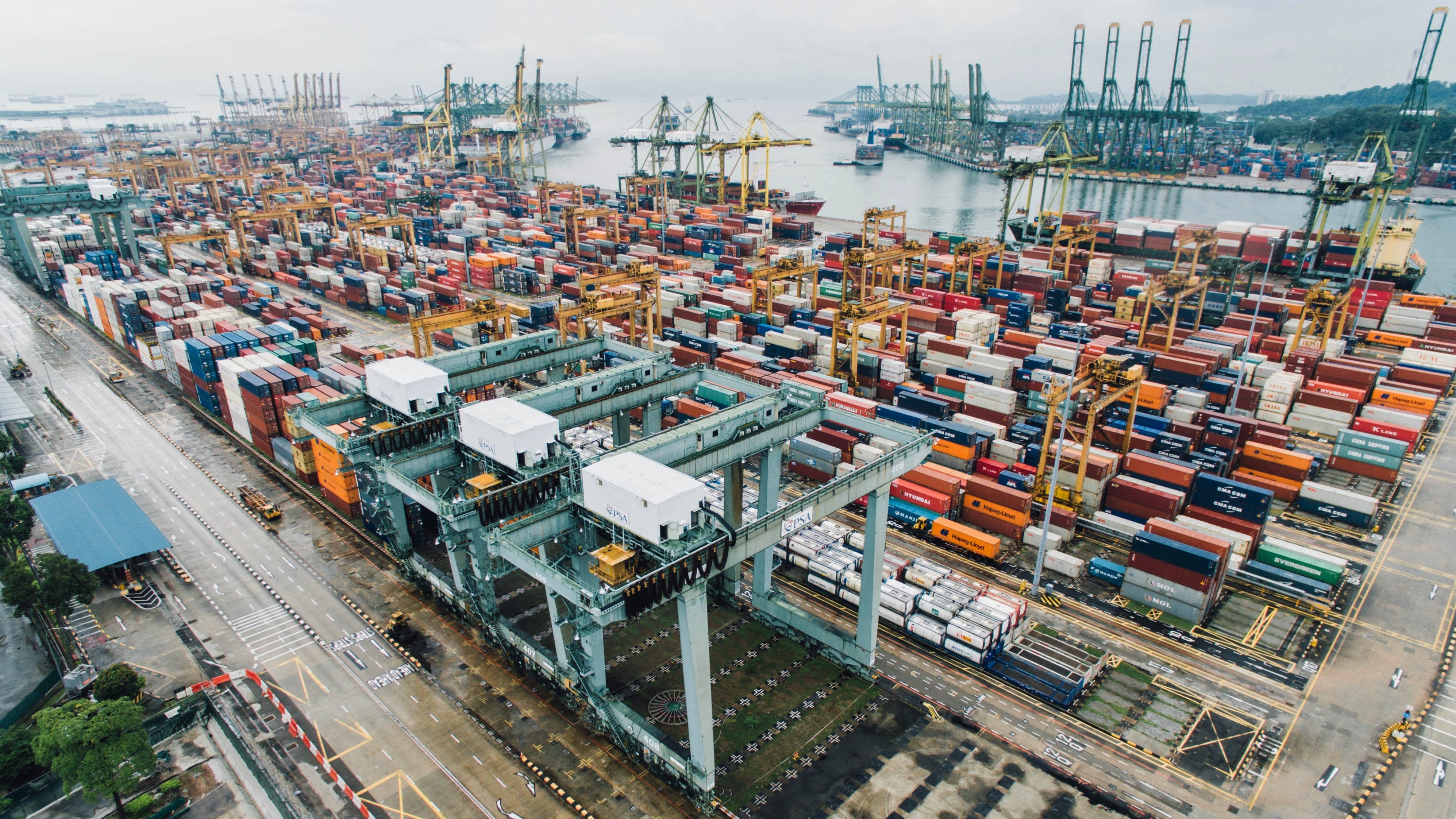

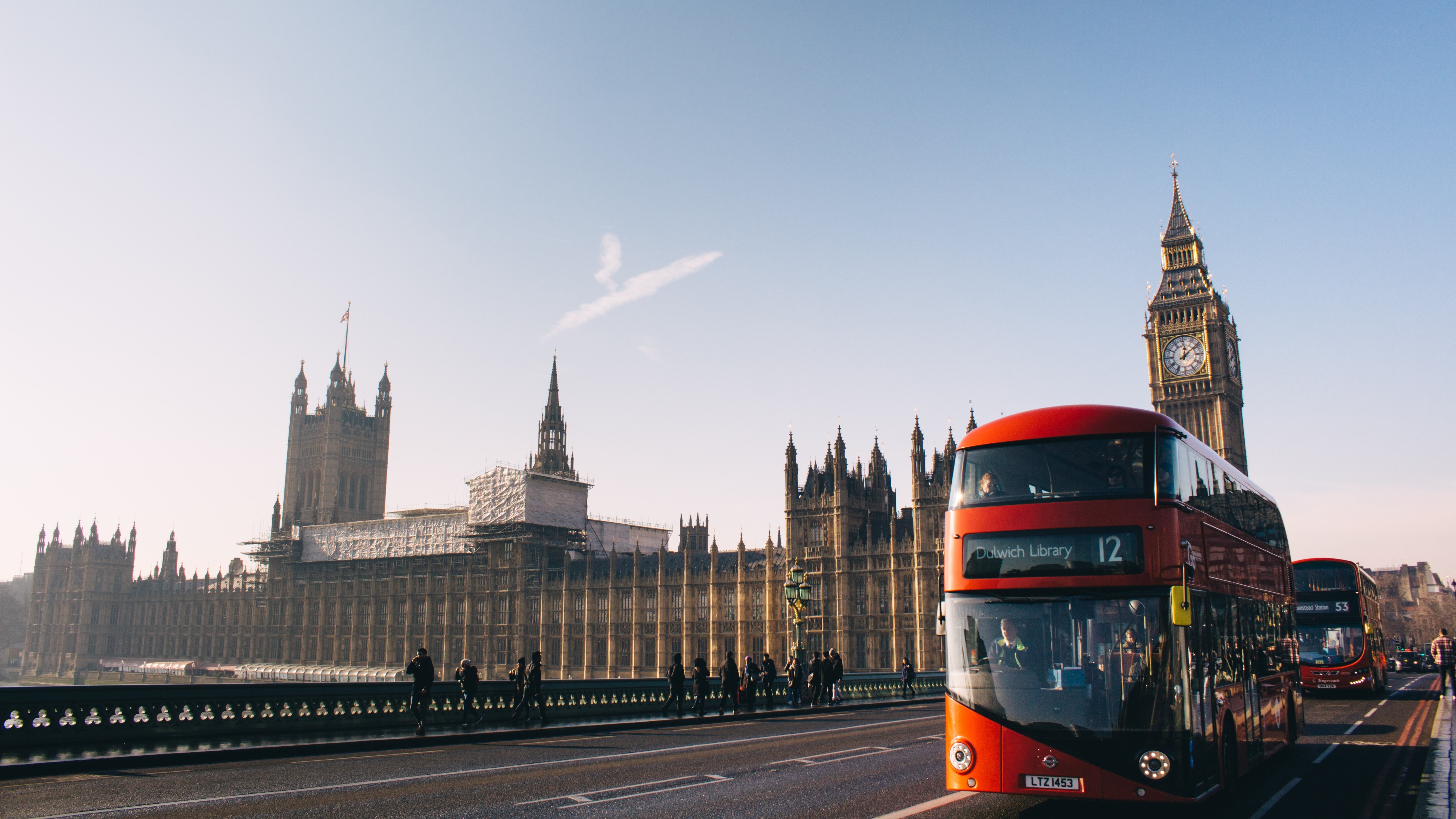
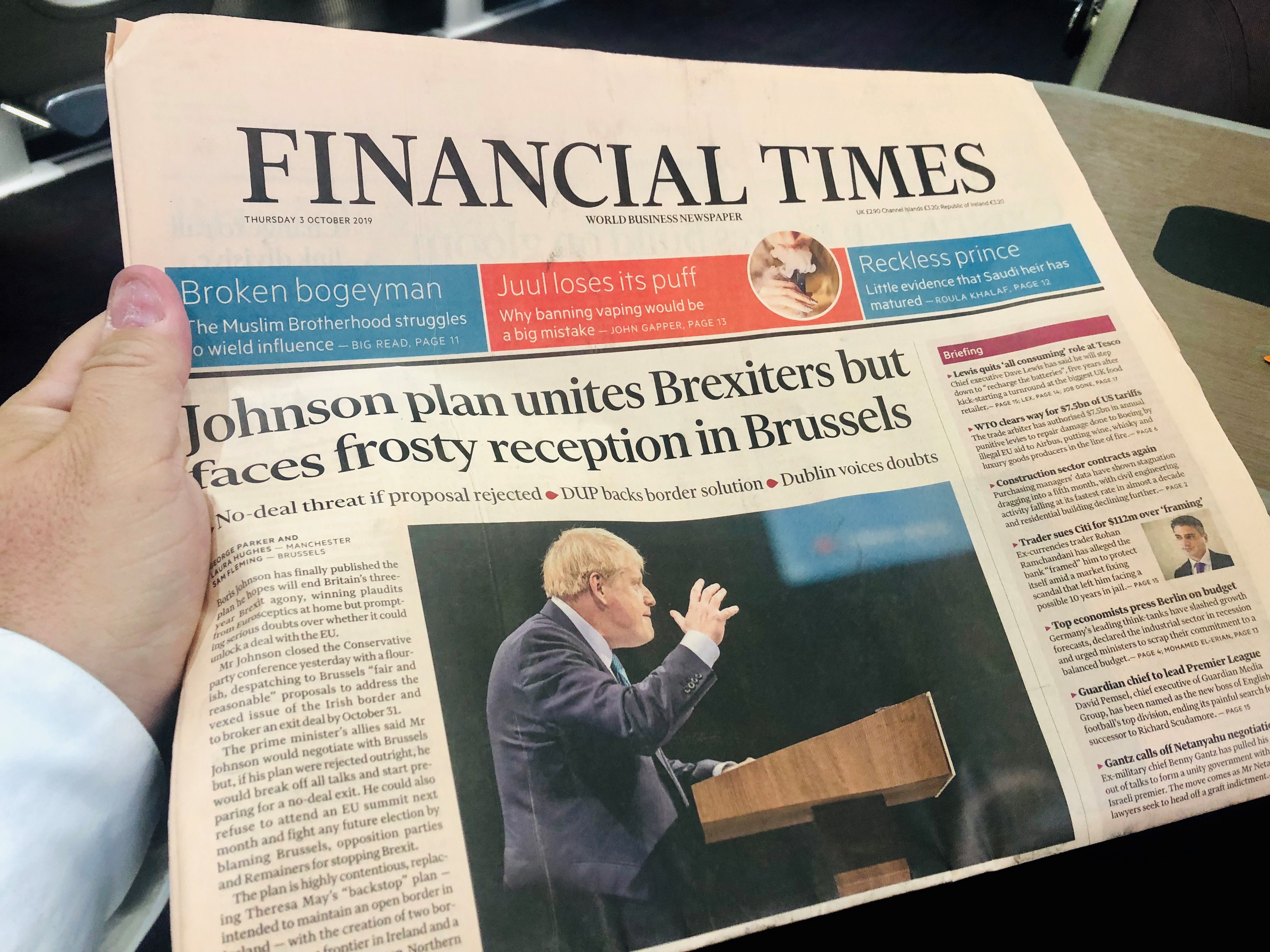
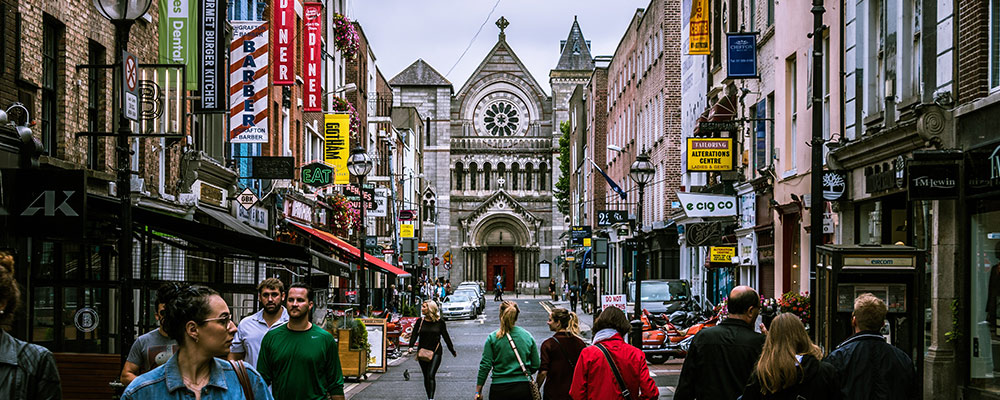
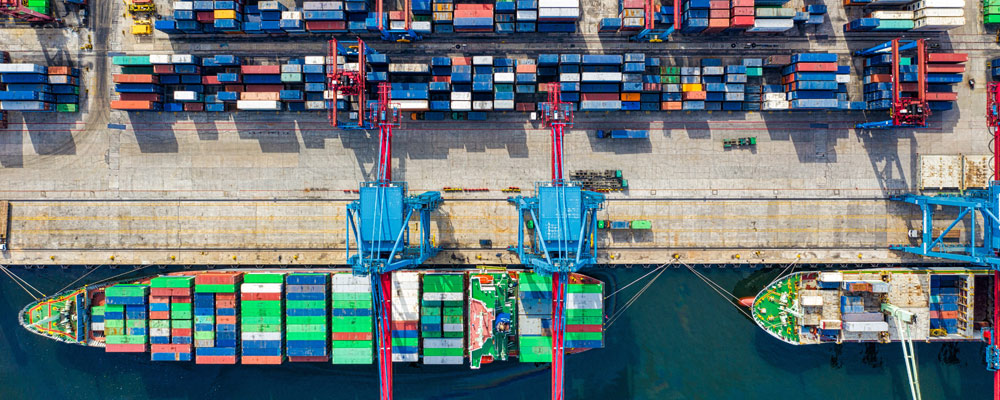
.png)